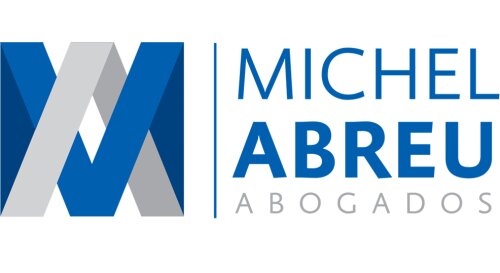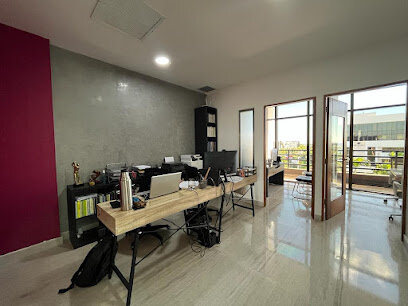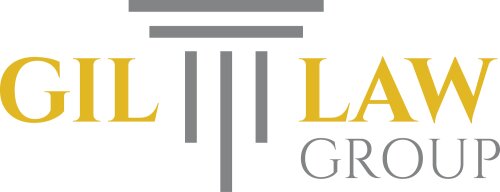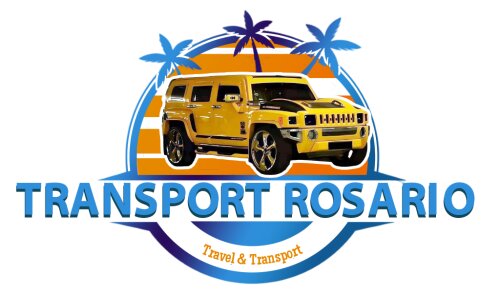Best Aviation Lawyers in Punta Cana
Share your needs with us, get contacted by law firms.
Free. Takes 2 min.
List of the best lawyers in Punta Cana, Dominican Republic
About Aviation Law in Punta Cana, Dominican Republic
Punta Cana, located on the easternmost tip of the Dominican Republic, is a prominent tourist destination known for its beautiful beaches and luxury resorts. As a major tourist hub, Punta Cana has a well-developed aviation sector, serving numerous international and domestic flights. Aviation law in Punta Cana encompasses a range of legal issues related to air travel, airport operations, and the regulation of airlines, aircraft maintenance, and navigation. The Dominican Republic's aviation sector is regulated by government bodies such as the Civil Aviation Board (JAC) and the Dominican Institute of Civil Aviation (IDAC). These institutions oversee compliance with international aviation standards and ensure the safety and efficiency of air transportation services in the region.
Why You May Need a Lawyer
There are various reasons why individuals and entities may seek legal advice in the field of aviation in Punta Cana. Some common situations include:
- Addressing disputes over flight delays, cancellations, or lost luggage
- Resolving conflicts related to airline customer service and compensation
- Ensuring compliance with aviation safety and security regulations
- Advising businesses on the establishment and operation of aviation-related services
- Handling cases of personal injury or accidents occurring in an aviation context
- Navigating licensing and registration requirements for aircraft
- Representing airlines or passengers in litigation matters
Local Laws Overview
The aviation sector in Punta Cana is governed by both national and international regulations. Key aspects of local laws relevant to aviation include:
- The Aviation Law of the Dominican Republic, which sets forth guidelines for licensing, standards, and enforcement
- Compliance with the standards of the International Civil Aviation Organization (ICAO)
- Environmental regulations that impact airport operations and aircraft emissions
- Consumer protection laws that apply to services provided by airlines
- Security protocols in place for safeguarding airports and aircraft
- Labor laws affecting employment contracts and working conditions for aviation personnel
Frequently Asked Questions
What are my rights if my flight is delayed or canceled in Punta Cana?
Your rights typically depend on the airline's policy and applicable laws. Under Dominican law, passengers may be entitled to compensation or assistance, including meals and accommodation, for significant delays or cancellations.
How can I file a complaint against an airline in Punta Cana?
You can file a complaint with the airline directly or report the issue to the Dominican Civil Aviation Board (JAC), which oversees consumer grievances related to air travel.
What should I do if I lose my luggage at Punta Cana International Airport?
If your luggage is lost, file a report with the airline immediately. Most airlines have procedures for locating lost bags and may offer compensation if the baggage is not recovered within a certain timeframe.
Do I need a license to operate a drone in Punta Cana?
Yes, operating a drone requires authorization from the Dominican Institute of Civil Aviation (IDAC). Operators must comply with local regulations, especially in tourist areas and near airports.
Are there specific safety regulations for airlines flying to Punta Cana?
Airlines operating to and from Punta Cana must comply with both local safety regulations and international standards set by organizations such as ICAO.
What legal recourses are available for personal injuries sustained during a flight?
Victims can seek compensation for injuries under local liability laws and may also explore claims under international treaties such as the Montreal Convention, depending on the circumstances.
How are noise and environmental concerns addressed in Punta Cana's aviation laws?
The Dominican Republic has regulations in place to manage noise pollution and minimize environmental impacts related to aviation, balancing tourism growth with environmental protection.
Can foreign pilots work for airlines in Punta Cana?
Foreign pilots can work in Punta Cana if they meet local licensing requirements and obtain the necessary permits and approvals from the relevant authorities.
Who regulates aviation operations in Punta Cana?
The Civil Aviation Board (JAC) and the Dominican Institute of Civil Aviation (IDAC) are the primary regulatory bodies overseeing aviation operations in Punta Cana.
What steps should I follow to resolve a legal dispute with an airline?
Consider consulting with a specialized aviation lawyer to evaluate your case, understand your rights, and discuss potential legal actions, such as mediation, arbitration, or litigation.
Additional Resources
For those seeking further information or assistance, the following resources can be helpful:
- Civil Aviation Board (JAC): Overseeing regulatory compliance and consumer protection.
- Dominican Institute of Civil Aviation (IDAC): Authority on civil aviation administration and safety regulations.
- International Civil Aviation Organization (ICAO): Provides global standards and practices followed by the Dominican Republic.
Next Steps
If you find yourself in need of legal assistance related to aviation issues in Punta Cana, consider the following steps:
- Consult with specialized aviation lawyers familiar with Dominican Republic aviation law.
- Gather all relevant documents and evidence related to your situation.
- File complaints or disputes with the appropriate regulatory authorities, if necessary.
- Seek advice from local expat communities or legal forums for additional insights.
- Consider alternative dispute resolution methods, such as mediation, to address conflicts efficiently.
Lawzana helps you find the best lawyers and law firms in Punta Cana through a curated and pre-screened list of qualified legal professionals. Our platform offers rankings and detailed profiles of attorneys and law firms, allowing you to compare based on practice areas, including Aviation, experience, and client feedback.
Each profile includes a description of the firm's areas of practice, client reviews, team members and partners, year of establishment, spoken languages, office locations, contact information, social media presence, and any published articles or resources. Most firms on our platform speak English and are experienced in both local and international legal matters.
Get a quote from top-rated law firms in Punta Cana, Dominican Republic — quickly, securely, and without unnecessary hassle.
Disclaimer:
The information provided on this page is for general informational purposes only and does not constitute legal advice. While we strive to ensure the accuracy and relevance of the content, legal information may change over time, and interpretations of the law can vary. You should always consult with a qualified legal professional for advice specific to your situation.
We disclaim all liability for actions taken or not taken based on the content of this page. If you believe any information is incorrect or outdated, please contact us, and we will review and update it where appropriate.












